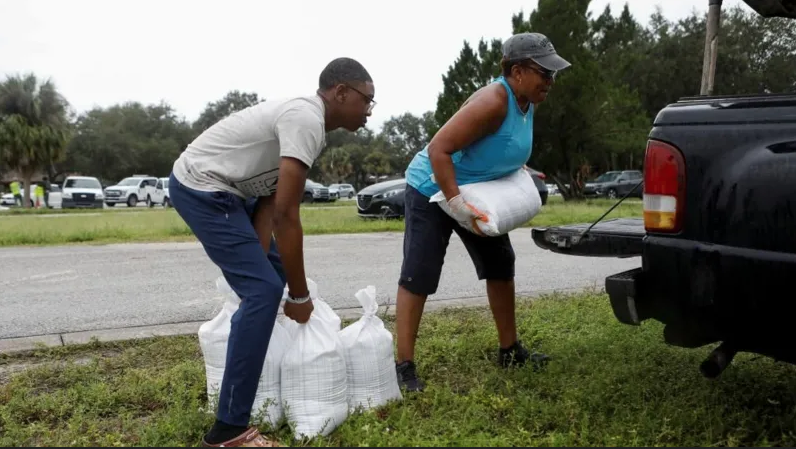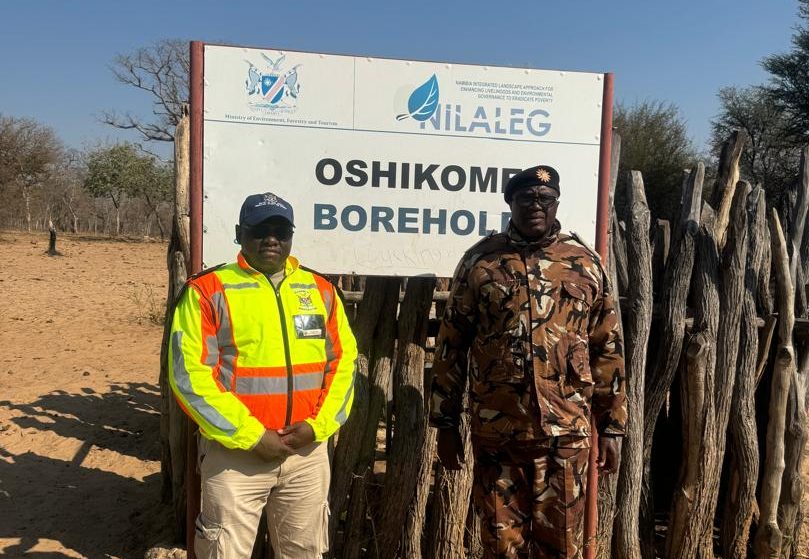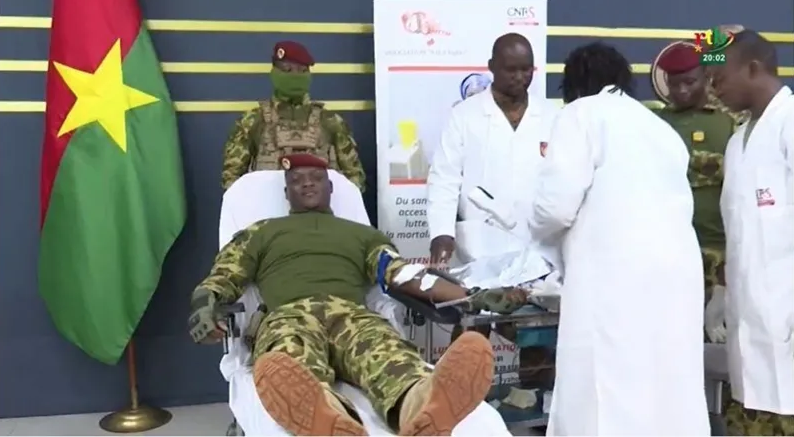Home affairs starts printing biometric ID cards for refugees
Written by on June 21, 2024
The Ministry of Home Affairs, Immigration, Safety and Security has commenced with the printing of biometric ID cards for refugees.
This was revealed by deputy home affairs minister Lucia Witbooi at a World Refugee Day event at Osire refugee settlement in the Otjozondjupa region yesterday.
The theme for this year’s event was ‘For a World Where Refugees are Welcomed’.
Witbooi said the cards have been renamed ‘Guest of Africa Identity Cards’.
“These are biometric cards and will provide refugees with official identification and reinforce the sense of belonging, dignity and ac- cess to the right services they may need,” she said.
Witbooi said the rebranding is a Namibian initiative, which was decided upon within the context of pan-Africanism.
“Namibia was the first country to host the African Union flag and to sing the African Union anthem along with its national anthem.
“In this regard, Namibia has deemed it appropriate to rename refugee identity cards,” she said.
The deputy minister said the cards will be distributed to refugees to serve as an identification document, adding that previously, refugees who wanted to submit identification documents for the purpose of banking, employment or education were issued travel documents.
“This practice will no longer continue. Travel documents will strictly be issued to those intending to travel outside the country, while refugee IDs will be issued to all refugees above the age of 16,” Witbooi said.
To date Namibia hosts a total number of 6 351 asylum seekers and refugees from different African countries.
The majority of them are from the Democratic Republic of Congo (DRC), with others from Burundi, Somalia, Rwanda, Zimbabwe, Kenya and Tanzania.
Lucia Witbooi
“The government of Namibia . . . in partnership with the United Nations High Commissioner for Refugees (UNHCR) continues to provide safety and security, shelter, food, health, education and other basic human needs to all asylum seekers and refugees,” Witbooi stated.
The minister said Namibia, the DRC and the UNHCR have facilitated voluntary repatriation of 183 DRC nationals.
She requested that the remaining refugees make themselves available to the government and the UNHCR to organise and arrange their return to their countries of origins.
WARNING
Witbooi warned refugees who she said deliberately flout laws and policies governing refugees in Namibia.
“We have many refugees and asylum seekers who abscond from the settlement and we only get to know their whereabouts when they are in trouble, arrested, or in extreme cases when they are deceased.
“I implore you to observe and abide by all the regulations managing refugees in Namibia,” she said.
“Moreover, on several occasions, the ministry receives reports from the law enforcement of some of the refugees and asylum seekers who are committing crimes such as drugs-related crimes, human trafficking and trespassing on nearby farms.
“Please be warned that it is a serious criminal offence to vandalise private or any public property, hence perpetrators will be taken to book once apprehended,” she said.
THE LAW
According to law, a refugee should not be returned to a country where they face serious threats to their life or freedom.
This is now considered a rule of customary international law.
According to the 1951 UN convention, a refugee is someone who is unable or unwilling to return to their country of origin owing to a well- founded fear of being persecuted for reasons of race, religion, nationality, membership of a particular social group, or political opinion.
Namibia agreed to the 1951 UN convention relating to the status of refugees and its protocol in February 1995.
The criteria for determining refugee status in Namibia are outlined in the Namibia Refugees Act.
In March last year, The Namibian reported that 7 421 refugees and asylum seekers were living in Namibia.
Ministry spokesperson Magaret Kalo at the time said Namibia’s asylum policy does not discriminate.
“We receive and accommodate anyone seeking asylum and who qualifies for it,” she said.
The post Home affairs starts printing biometric ID cards for refugees appeared first on The Namibian.



